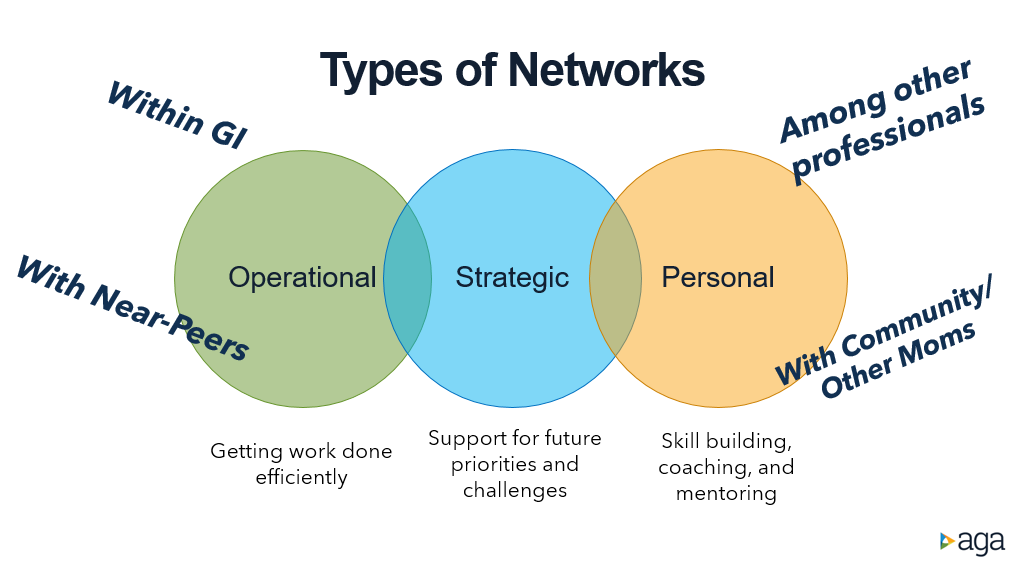Establishing a good network requires balancing an enthusiasm for new opportunities with a clear focus on your professional goals, according to Maria T. Abreu, MD, professor of medicine at The University of Miami Miller School of Medicine and incoming AGA president, who is discussing the topic during Digestive Disease Week® (DDW) 2024.

“You don’t build a network by saying no,” she says. “But you have to follow through. Remember that when someone is in your network, you are also a part of theirs. Being part of a network is not about taking from other people. It has to be meaningful in both directions.”
Dr. Abreu shares several pieces of advice for physicians to establish and grow their networks:
Develop your network organically but be strategic. “I don’t consciously think about building a brand or establishing a network,” says Dr. Abreu, “But I do think strategically about what types of expertise I need in my network to help me succeed.”
She recommends finding experts with skills that are complementary to your own. For Dr. Abreu, that meant identifying experts in bioinformatics and microbiology to collaborate with on research projects. For physicians in private practice, that might mean reaching out to industrial engineers or experts who can advise on the business aspects of medicine.
Being intentional with your network will have the added benefit of making you take the time to clearly define your career goals and how to achieve them.
Evolve your network as your career grows. Dr. Abreu likens the process to a network map. Early in your career, you are a small dot on the map with few connections. It may be difficult to specify who you need in your network because there are so many possibilities open to you. At that time, you may be less discriminating about the opportunities you pursue. “When you’re young, you’re still establishing your interests,” says Dr. Abreu. “Cast a wide net and be open to the opportunities that present themselves.”
As your interests evolve, you can be more discerning about the projects you take on. Your dot on the network map will grow, and you become a hub connecting disparate elements relating to you and your unique interests and goals.
Everyone is part of your network. Dr. Abreu recommends thinking beyond your professional peers when considering your network. “In our professional lives, we often meet the same people over and over again,” she says. “But your network doesn’t only consist of fellow physicians. It includes administrators, researchers, lab technicians, friends and family. Everyone in your life contributes to your success. It’s important to have people you can count on.”
Reciprocity and generosity can go a long way. If you consider everyone you encounter as part of your network, that means treating everyone with fairness and respect, not just those who may be able to help you professionally. “I have seen a lot of people treated unkindly,” says Dr. Abreu. “But there are ways to provide constructive criticism while being respectful.”
Get involved — and follow through. There are many opportunities to get involved outside of your primary job, according to Dr. Abreu. Participating in research and joining professional societies like the American Gastroenterological Association (AGA) are just a few ways that you can expand your network. But if you are going to be involved, make sure you are dependable, she says. Otherwise, you risk unraveling your network.
Dr. Abreu’s oral presentation, “Identifying and establishing the network you need to be successful” on Sunday, May 19, at 10 a.m. EDT is part of the session “Branding and Leadership: Building your Reputation Early in your Career.”



